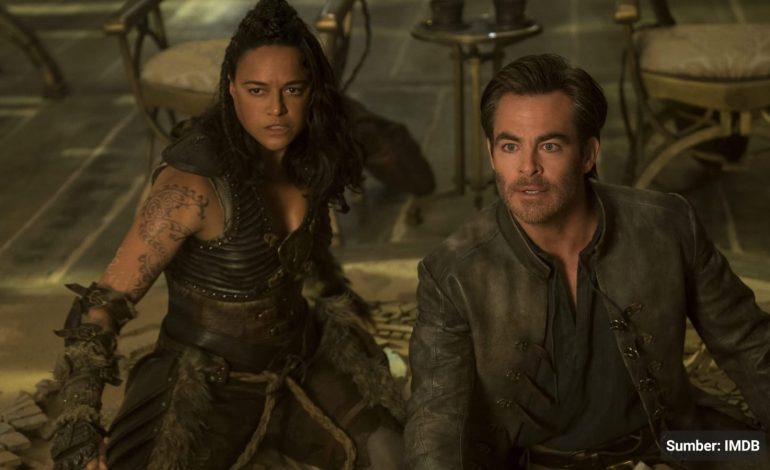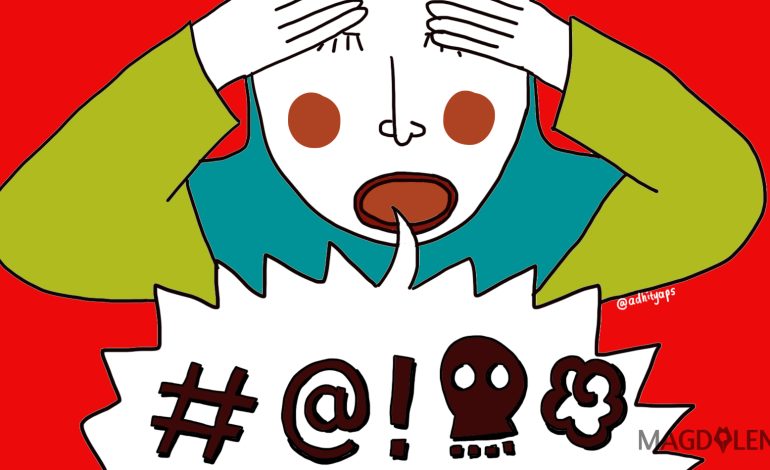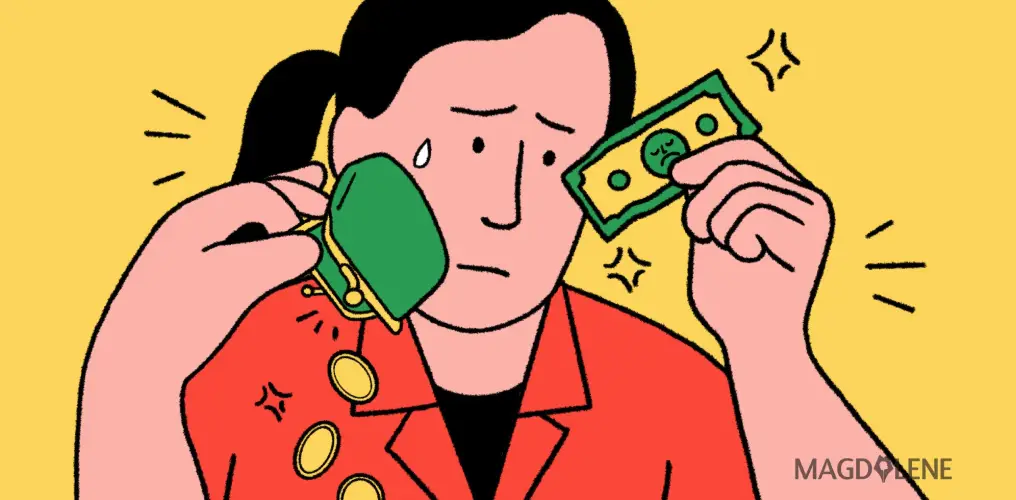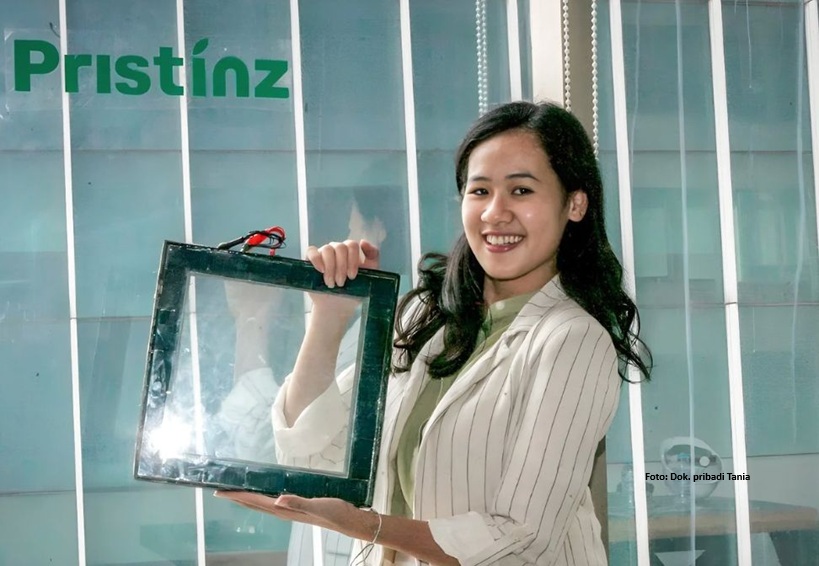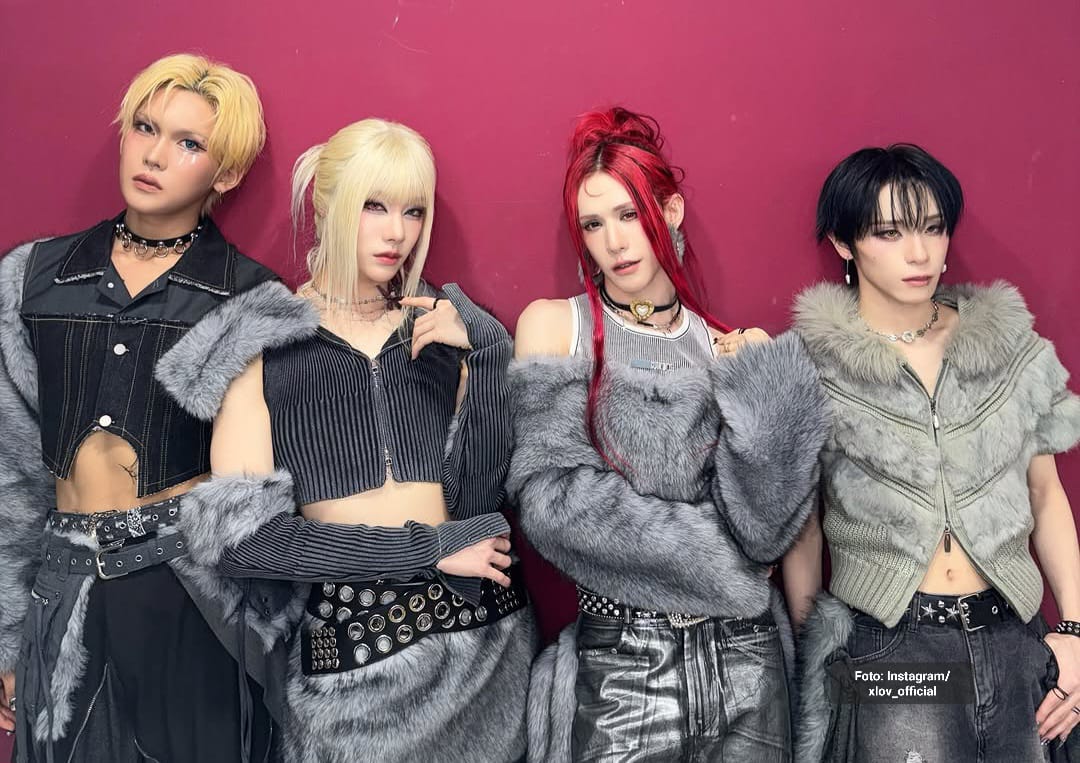K-Drama “Call It Love” Makes a Case for How Revenge Should Be Served: Not Cold
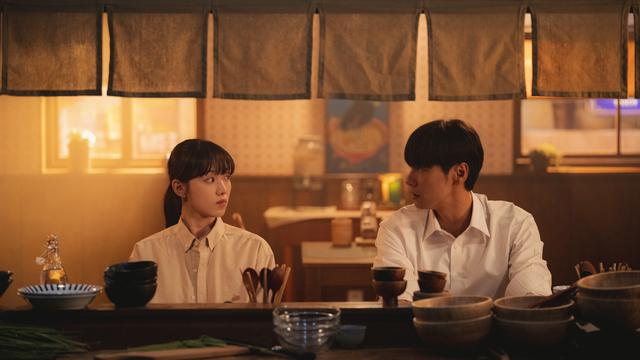
“I mean, I was an athlete. I didn’t dodge it on purpose.” Shim Woo-Joo tells her boss/love interest Han Dong-Jin in episode 10 of Disney + K-drama Call It Love, after she gets struck by a rock by Han Dong-Jin’s former employer seeking vengeance against him. “I thought this needed to happen to stop it. If it didn’t, I thought he’d cause a bigger scene.”
Though her choice may have been a tad extreme (not to mention dangerous), Shim Woo-Joo is right about one thing: if she had dodged the rock, leaving the attacker frustrated, he probably would have escalated. That’s the thing about revenge: because we feel like the other person deserves what’s coming to them, we won’t stop until we hurt them the way they’ve hurt us. But at the end of it, are we really going to be satisfied?
Anyone familiar with K-drama knows that revenge is a popular genre. After all, everyone has at time or another experienced injustice or helplessly watched injustice happening around them. It’s no wonder that revenge drama becomes a favourite form of entertainment. We all have revenge fantasies, and seeing it played out on screen, cheering for the hero makes us feel better about our lives afterwards.
There’s nothing wrong with that. That’s what art is for, after all. And maybe that’s also why Call It Love, despite having revenge as a major theme, has not reached the same popularity as Netflix’s The Glory, which has got the whole internet in a frenzy, or even Disney+’s other K-drama Revenge of Others. In Call It Love, revenge is not something we do to right the wrong and injustices done to us. It’s just hurt and broken people trying to hurt and break others. Revenge is heavy, sad, and burdensome.
Call It tells the story of Shim Woo-Joo, a young woman who has had to live a hard life thanks to the selfish and malicious actions of others. When she is a teenager, her father runs off with another woman, leaving her mother bitter and devastated. A few years later, her mother ends up with cancer.
Also Read: Succession and Its Fans Hidden Fantasies
After her father dies, Woo-Joo and her two siblings find themselves homeless when her father’s mistress sells the home they’ve been living in all their lives to give the money to her son. Enraged over losing her home, Woo-Joo vows a revenge and begins stalking Han Dong-Jin, her father’s mistress’ son. She applies as a part-timer in his company so she can find ways to destroy his life the way his mother has destroyed hers.
What happens next is unlike most revenge dramas, though. As Woo-Joo quietly watches Dong-Jin while working in his company, she realises he is probably the saddest human being alive. A workaholic who has no real friends except his co-CEO, Han Dong-Jin is one of those people who is still alive possibly because he can’t be bothered to take his own life. You know the type – or maybe I just know too many depressed people.
Dong-Jin’s life has never been fair to him: his mother cares for no one but herself and she seems incapable of basic decency, while his ex-girlfriend cheats on him for a year, then leaves to marry someone else, only to return and forces her way back into his life. Adding to this, one of his trusted employees betrays him; his former boss/mentor blames him for everything that has gone wrong in his life and tries to do whatever he can to destroy him; and most other people just take his kindness and gentleness for granted.
Because he never retaliates, it’s almost as if they feel they have a free pass just to walk all over him. And even when he is given the chance to even the score, he just walks away, shoulders slumped from yet another burden and heartache he has to carry.
Shim Woo-Joo is hellbent on revenge in the beginning, but as she watches Han Dong-Jin being pinned down by so many irresponsible, self-serving, uncaring people around him, her anger begins to subside, her need for revenge melting away. When she finds out he never took the money and that his mother instead moved into her former home, Woo-Joo changes her revenge plan to something else entirely. She never really calls it love, she just doesn’t want anyone else to hurt him and add to the burden he was already carrying. Instead, she wants to help lighten the load, quietly and from a distance (or so she thinks).
Also Read: Oscars 2023 Recap
With the exception of Dong-Jin’s mother, everyone else in Call It Love is just broken people. And maybe that’s why revenge is never as satisfying in real life as in most K-dramas. Because rarely are those who hurt us real “villains”. They’re villains in our narrative because they hurt us, and they hurt us because they are hurt and broken people to begin with, just like us. When we do to them what they did to us, we’re merely keeping the cycle of brokenness going. Nothing is ever going to change. No one is the better for it.
Dong-Jin makes the choice to absorb his pain and not retaliate, senseless as it seems, and in the end, he changes Woo-Joo’s life. Woo-Joo has never been able to move on from her dad’s affair, especially since Dong-Jin’s mother continues to wreak havoc in her life. Yet by the end of episode 10, as she sits and weeps alone, we get a sense that she is more than ready to move on from her pain and leave the ugliness behind in the past.
Maybe it is unrealistic to have this mindset that most people are just broken. Maybe it’s some sort of way of coping to deal with the hurt from all the wrongs done to me, and a “lie” I tell myself so I can release forgiveness. In my beliefs, forgiveness is an imperative, not a suggestion. It is something I personally struggle and wrestle with daily, because after all, life is unfair.
But as I watch Dong-Jin wrestle with the same thing and choose to break the cycle anyway, even if he doesn’t immediately get rewarded for it and even if his life seems pretty sad and pathetic, I find comfort in knowing that I’m just as broken as him and everyone else. Maybe that’s the case for forgiveness and not revenge. Though a few people may seem like they’re evil incarnate, most of us hurt others just because we don’t know how to deal with our pain. And maybe it takes people like Dong-Jin, who are brave enough to shoulder that pain, to change how the world works.
You know that famous Japanese proverb that became notorious after Kill Bill? “Revenge is a dish best served cold.” It sounds cool when it is followed by 2 hours of bloody vengeance, but I wonder what it actually means. After all, once your anger has cooled down, do you still want to exact revenge? Don’t you need that fiery anger and bitterness to fuel your revenge plot? I don’t know what the proverb intends to mean, but for me, maybe serving “revenge” cold means you’re just living your life the best way you can. Your being completely healed from the thing that should have broken you to pieces, I think, is the best revenge. And sometimes, the only way to heal is just to embrace the pain and choose to not do to them what they do unto you.

